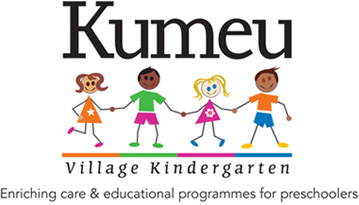Curriculum
Kumeu Village Kindergarten Literacy Strategy
As part of our teacher learning and development we have undertaken a two and a half year study of literacy. This leads us to have a comprehensive understanding of what makes the difference to your child’s development and learning in those under five years. We believe literacy skills underpin every child’s development and success and we focus our curriculum and teaching skills and resources on the development of these skills in every child.
This is what stands us apart from other centres and early learning choices you have.
What we believe
Literacy is not an element of ECE learning but the focal skill that enables all learning for all tamariki.
There is a greater need to assess, identify and strengthen all tamariki abilities to facilitate the best learning outcomes.
Literacy underpins all the learning elements in an ECE environment. It is the foundation for all tamariki current and future learning.
Literacy skills provide more ability to explore, examine, interact and build relationships to be successful in larger and more advanced learning groups.
Literacy provides confidence and it is widely researched that confident students are generally regarded as being more successful in education and life.
Strategy
That tamariki have a sense of place and belonging that provides the optimal environment for developing literacy skills. We will actively engage with whānau to inform them of our strategy and its benefits and facilitate this environment and practice being replicated at home.
Through literacy we develop communication skills that facilitate and enable tamariki to explore the key priorities of learning:
- The importance of physical well-being (sensory learning, exercise, strength, risk-taking, judgement, healthy choices and lifestyle).
- The development of social competencies and confidence (conversations, play, negotiation, respect and cultural awareness).
- The knowledge and understanding of verbal and non-verbal communication skills (vocabulary, talking, numeracy, music, movement and drama, information and technology).
Actions and outcomes
We have detailed analysis of each of the areas of literacy that we have defined. This provides an area outline, key words, summary and elements of the enquiry along with actions and intended outcomes.
This enables kaiako and whānau to enquire and learn about literacy areas and drivers in smaller chunks and will provide accessible options for further enquiries in specific areas or to develop new areas of understanding for centre literacy needs.
The actions identified in these area summaries provides direction, leading to a deeper understanding and guide to what builds strong early literacy skills and what teaching practices are needed to achieve this.
The intended outcomes provide indicators for desired benefits to be measured against actual observations and literacy activities that are undertaken. These observations will be the basis of ongoing PLD, discussion and planning undertaken by the kaiako.
